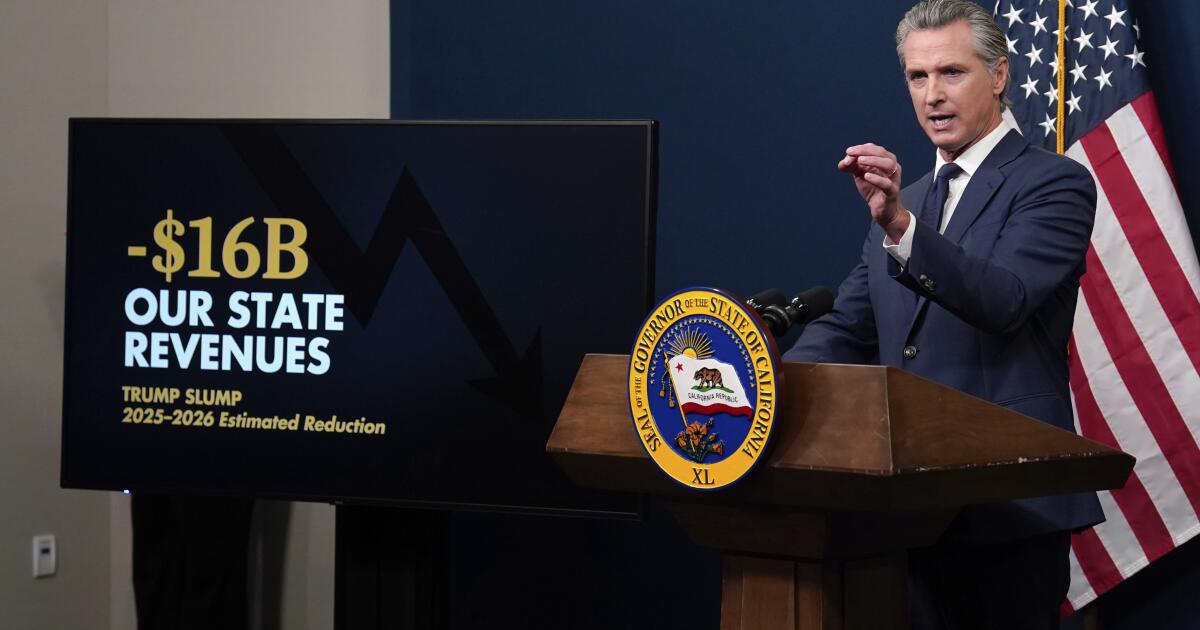California’s budget shortfall could be worse than expected
SACRAMENTO — California’s budgetary woes are worse than expected, forcing state lawmakers to grapple with a nearly $18 billion shortfall next year, according to a new report from the Legislative Analyst’s Office.
This figure is $5 billion more than previous estimates in June.
Despite improvements in state revenue, the report said mandatory spending requirements under Proposition 98, which sets minimum annual funding for public schools, and Proposition 2, which specifies reserve deposits and debt payments, almost entirely offset any gains, according to the legislative analysis.
It estimated state costs for Medi-Cal and CalFresh, which provide healthcare and food assistance to Californians in need, were also $1.3 billion more than anticipated due to federal cuts from the “Big, Beautiful Bill” that President Donald Trump signed in July, the report stated.
While enthusiasm for artificial intelligence companies has pushed the stock market to record highs, increasing state tax revenue, the report warned the boost likely won’t last.
“With so much exuberance surrounding AI, it now appears time to take seriously the notion that the stock market has become overheated,” the report states. “History suggests that the stock market is prone to overreact to major technological advances, even if the technology itself turns out to be revolutionary.”
The LAO advised lawmakers to increase revenue and reduce spending.
“While important components of the state economy are sluggish, revenues are not falling, nor are conditions as bad as they would be in an outright recession,” the report states. “This makes solving the budget problem with ongoing solutions all the more important. Continuing to use temporary tools — like budgetary borrowing— would only defer the problem and, ultimately, leave the state ill‑equipped to respond to a recession or downturn in the stock market.”
Gov. Gavin Newsom will unveil his annual budget proposal in January, which will serve as a starting point for legislators as they craft the state spending plan.
Assembly Budget Committee Chair Jesse Gabriel said the report underscored the challenging decisions ahead.
“While the Trump Administration continues to pursue destructive policies that will harm California families,” Gabriel said in statement released Wednesday, “the Assembly Budget Committee remains committed to crafting a responsible budget that prioritizes essential services.”
H.D. Palmer, a spokesperson for the California Department of Finance, said the LAO report highlighted the challenges lawmakers will face due to “federal uncertainty, market volatility, and continued growth in both cost and caseload for major state programs.”
“In the coming weeks, the Governor will be finalizing his decisions on how he’ll propose to meet the challenges in the coming year,” Palmer said in a statement.
